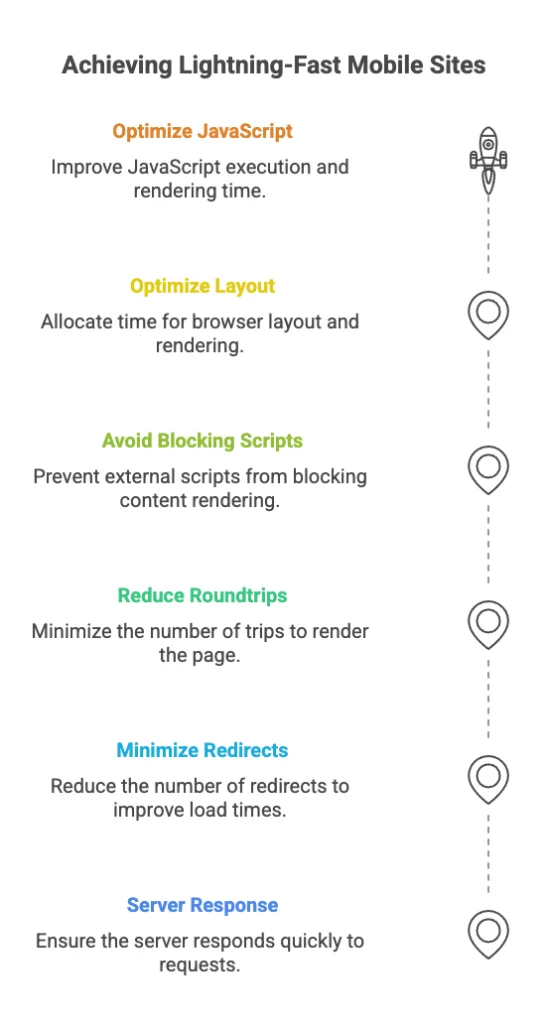The only constant in search is change. Every time you think you have Google figured out, they switch it up again. The search engine giant kept the SEO world guessing in 2013 by changing their algorithm over five hundred times, a trend that will most likely continue this year. It’s important to stay a step ahead, so in that spirit, here are five bold SEO predictions moving forward in 2014.
Conversational Search via Natural Language Processing
In 2013, Google made most keyword data private. Many saw this as a war on keywords. Currently, the “Not Provided” rate is 82%. Experts anticipate this number will reach 100% by June.
Consequently, the message from Google is unambiguous: spamming website content with keywords will no longer yield positive results. Therefore, Search Engine Optimizers should shift their focus away from targeting specific search queries.
Instead, they should focus on creating high-quality content. Furthermore, this content should be specifically created to attract conversational search queries.
Google is trying to perfect!
Natural Language Processing (NLP), a field of linguistics that emphasizes interaction between humans and computers. As such, the company “develops algorithms to predict part-of-speech tags for each word (e.g., noun, verb, adjective) in a given sentence as well as the various relationships between them (e.g., subject, object and other modifiers).”
Keyword density became less important after the Hummingbird update. This is a key reason why. Also, Natural Language Processing (NLP) keeps getting better. Because of this, future algorithms will likely continue this trend. So, if you want to do well with the 2014 updates, write for your audience. Stay on topic. Use the right words and grammar.
Author Rank will Become an Official Metric
Similar to Bigfoot, no one has ever documented Author Rank in real-world use, yet people frequently discuss its existence. Maybe this is the year that it finally reveals itself. Google has a history of tinkering with Authorship. Most recently, they announced a 15 percent reduction in rich snippets. This is well known. This isn’t all bad news, as webmasters will begin to adapt and will soon have their beautiful faces back adorning the search results.
Ultimately,
Google wants to reward trusted authorities. They will boost these people and their work. If your Authorship is verified, you’re in good shape. If you also share valuable content on popular websites, you don’t need to worry about Author Rank. This is true even if it becomes an official measure. Your regular efforts to prove your authorship and share quality content will likely make search engines see you favorably.
Therefore, focusing on building your authority through verified authorship and valuable contributions is a proactive approach to any potential future ranking factors related to author identity.If you want to see where you stand, check out your estimated Author Rank number over at Virante.

Faster Sites will Rank Higher on Mobile
Today, the average mobile page takes 7 seconds to load. Google would like that number to be under one second. That being the case, it’s not going to be enough that your company has a mobile presence and responsive design. Your mobile page will need to be lightning fast to boot.
Google suggests applying the following to achieve website rendering in under a second:
- Server must render the response (< 200 ms)
- Number of redirects should be minimized
- Number of roundtrips to first render should be minimized
- Avoid external blocking JavaScript and CSS in above-the-fold content
- Reserve time for browser layout and rendering (200 ms)
- Optimize JavaScript execution and rendering time
Google Plus Posts will Show Up Higher and More Frequently
Google Plus was often seen as the less favored social media platform. Indeed, people never took it seriously. In 2013, most individuals, everyday users, and businesses all ignored it. However, Google Plus had a significant advantage that might have given it an edge in its ongoing competition with Facebook and Twitter. Specifically, this advantage was Google Authorship.
If you are serious about increasing your visibility
You must be fully engaged on Google Plus. An active Plus account sends signals to Google. These signals suggest you are competitive. They also indicate you are following Google’s rules to some extent. Webmasters are already noticing something. Their Plus posts, profiles, and pages appear higher in search results. They also show up more often.
Ensure your website links to your Google Plus brand page
Using the verified rel=publisher connection. This helps Google associate your content with your brand identity. Although Google+ is no longer active for consumers and brands (it shut down in 2019), the concept of establishing a clear connection between your website and your brand identity remains relevant for other platforms and search engine understanding.
You should explore verification processes. Many social media platforms and search engines offer these. This helps establish your brand’s authority. It also connects your online presence. In 2014, companies should have started noticing something. Google Plus had more SEO power than people thought. So, they should have planned their engagement strategy accordingly.
We’d love to hear your predictions on what lies ahead for SEO in 2014. Let us know what you’re thinking in the comments below.




